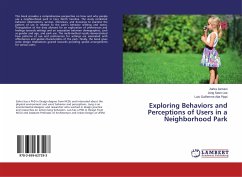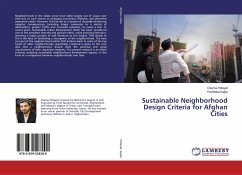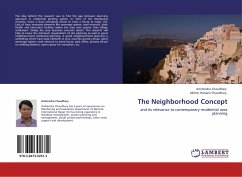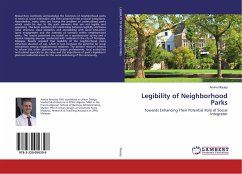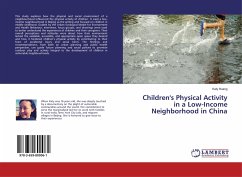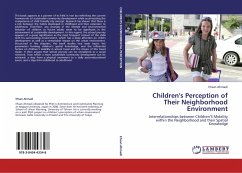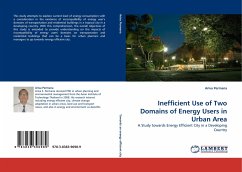This book provides a comprehensive perspective on how and why people use a neighborhood park in Cary, North Carolina. The study combined behavior observations, surveys, interviews, and drawings to examine the pattern of use in relation to the park s behavior settings and zones. Triangulation of the data allowed for an exploration of preferences and feelings towards settings and an association between demographics, such as gender and age, and park use. The multi-method results demonstrated how patterns of use and preferences for settings are associated with affordances and spatial characteristics of the park. Finally, the book gives some design implications geared towards providing spatial arrangements for various users.
Bitte wählen Sie Ihr Anliegen aus.
Rechnungen
Retourenschein anfordern
Bestellstatus
Storno

